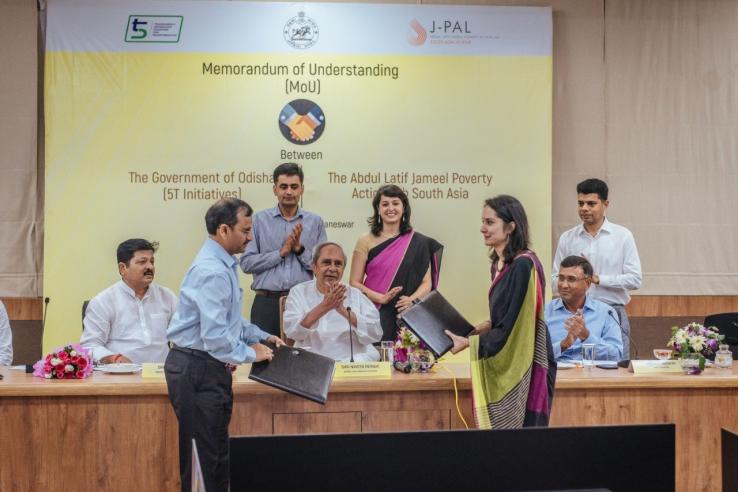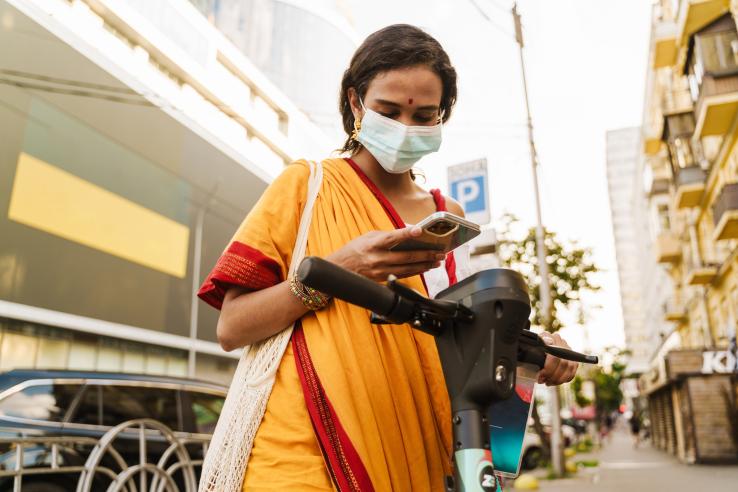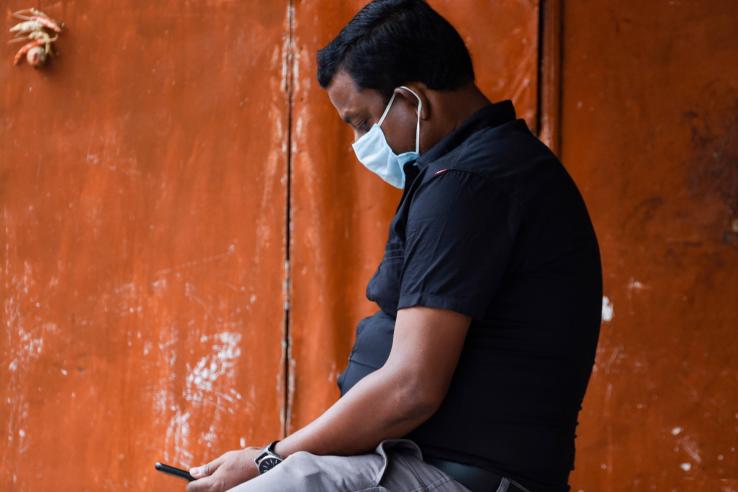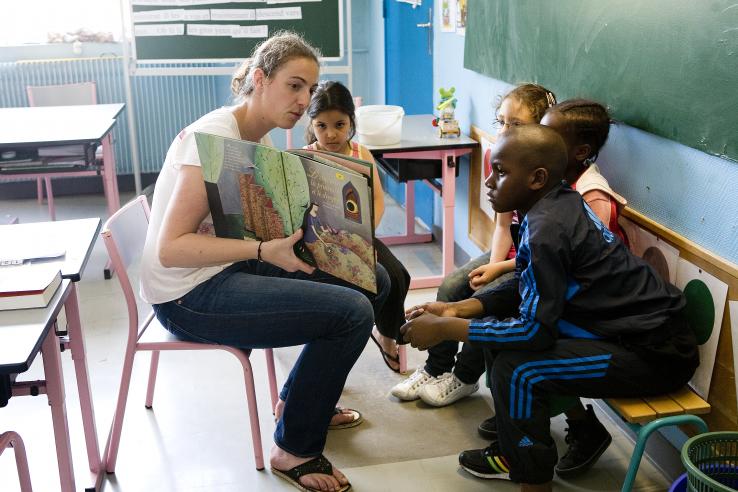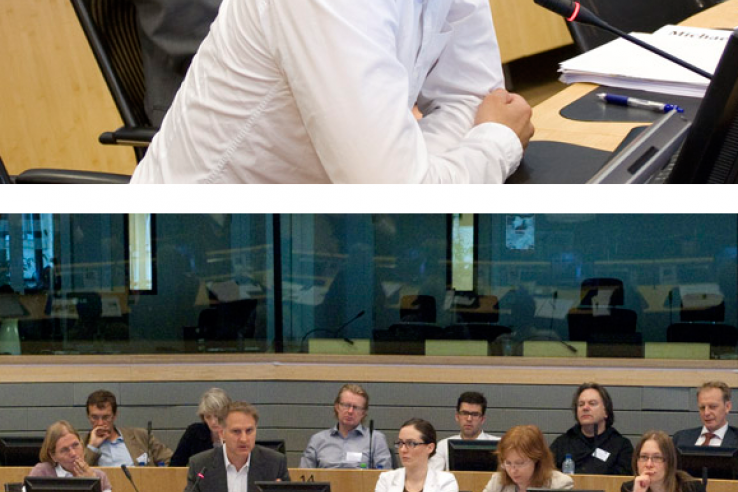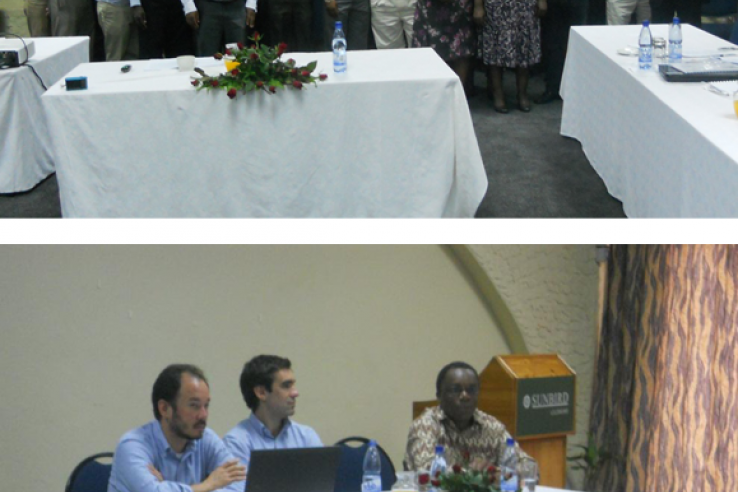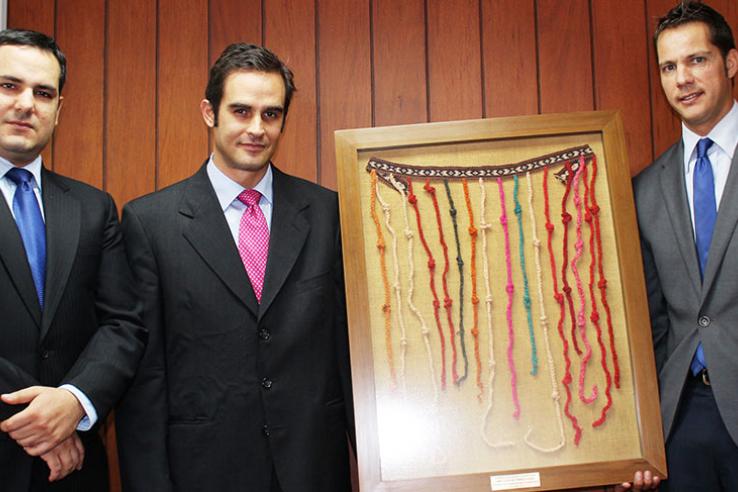Displaying 2596 - 2610 of 8318
Update
J-PAL Updates
The Government of Odisha signed a Memorandum of Understanding (MoU) today with the Abdul Latif Jameel Poverty Action Lab (J-PAL) South Asia to engage in a strategic evidence-based approach to policymaking.
Update
J-PAL Updates
On October 14, J-PAL co-founders and Directors Abhijit Banerjee and Esther Duflo, jointly with longtime J-PAL affiliated professor Michael Kremer, were awarded the 2019 Nobel Memorial Prize in Economics “for their experimental approach to alleviating global poverty.” This special edition of our...
Evaluation
Researchers tested whether reminders delivered via text message improved knowledge and adoption of social distancing and handwashing. They found no evidence that individuals changed their self-reported behaviors; this finding may highlight limited effectiveness of SMS-based information campaigns after the initial phase of the pandemic.
Evaluation
The Covid-19 pandemic has affected health systems and economies across the world. Low-income communities have experienced particularly detrimental impacts, as a lack of financial stability further exacerbated augment the crisis. In partnership with the mental health care center SCARF, researchers are conducting a randomized evaluation among low-income adults in Tamil Nadu, India. Can phone-based psychological first aid and temporary cash transfers boost mental health and resilience among low-income households? Do these interventions also improve people’s capacity to engage in preventive health behaviors in the face of Covid-19?
Update
J-PAL Updates
J-PAL Europe, together with Community Jameel and Porticus, announce new research partnerships to promote social inclusion for migrants and refugees in Europe
Resource
Basic page
Resource
Basic page
Person
Resource
Basic page
Resource
Basic page
Resource
Basic page
Resource
Basic page
Resource
Basic page
Person
Arihant Jain is a Research Associate at J-PAL South Asia, where he works on the 'Collective Action for Irrigation Channels' project based out of Hyderabad.
Person
Prakriti is a Research Associate at J-PAL South Asia where she is working on the “Design, Evaluation and Scale-up for Particulate Matter Air Pollution” project in India.
